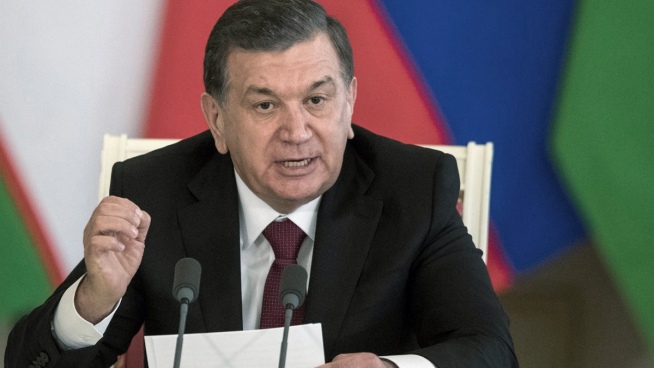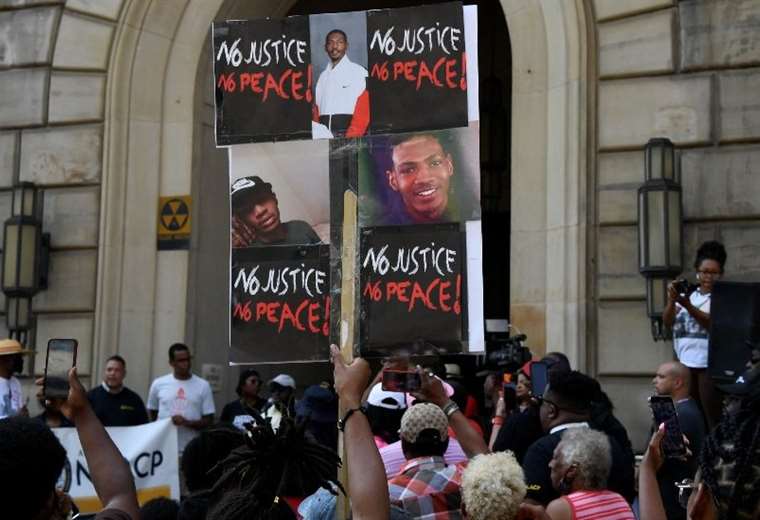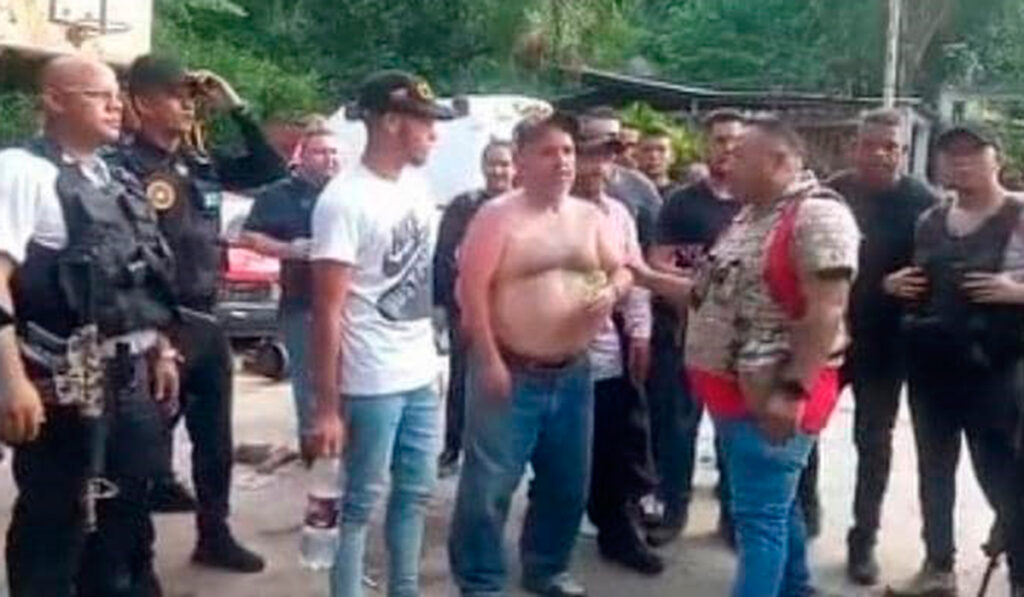At least 18 people were killed as of Sunday night in demonstrations in Karakalpakistan, an autonomous republic of Uzbekistan, in which thousands were protesting against amendments to the constitution proposed by Uzbek President Shavkat Mirziyoyev that would have stripped the sovereign status of this eastern region.
“Eighteen people died from their injuries during the mass riots in Nukus” (the capital of Karakalpakistan), said Abror Mamatov, a representative of the prosecutor’s office, the Russian agency Ria Novosti reported, quoted by AFP.
On Sunday, Uzbekistan police suppressed protests in the autonomous region for the third consecutive daydespite the fact that the Government decreed a state of emergency and discarded -on Saturday- the plans that motivated the beginning of the disturbances.
National Guard spokesman Davron Dzhumaniyazov said that 243 people were injured in the clashes, 94 of whom were hospitalizedreported the Russian agency Sputnik.
Mirziyoyev had admitted yesterday that there were “victims” among civilians and the police after the protests on Friday and Saturday against a constitutional reform bill.
The lower house of the Uzbek Parliament unanimously approved on Monday to keep unchanged articles 70 to 75 of the Constitution in force, referring to the Republic of Karakalpakistan.
The state of emergency came into effect on Sunday at midnight and will last until August 2 next.
While, The European Union (EU) called this Monday for an impartial investigation of the riots, after deeply regretting the casualties and the loss of human lives, said the European External Action Service.
Brussels urged all parties to “act with restraint to avoid any escalation or more violence” and called on the Uzbek authorities to “guarantee human rights, including the fundamental rights to freedom of expression and freedom of assembly, in accordance with Uzbekistan’s international commitments.”
Mirziyoyev also accused the organizers of the demonstrations of “hiding behind political slogans” to try to “take control of official local government buildings” and seize weapons.
The reform of more than 200 amendments to the Magna Carta, which sparked the protests, provided that Karakalpakistan, the republic of two million inhabitants, would officially lose its “sovereign” status and the right to organize a self-determination referendum.
Until now, the republic has its own Constitution, It has decision-making power in matters of territorial and administrative division and the right of secession through a referendum.
Spontaneous demonstrations are extremely rare and illegal in Uzbekistan, the most populous country of the former Soviet republics in Central Asia, with a population of 35 million.
















